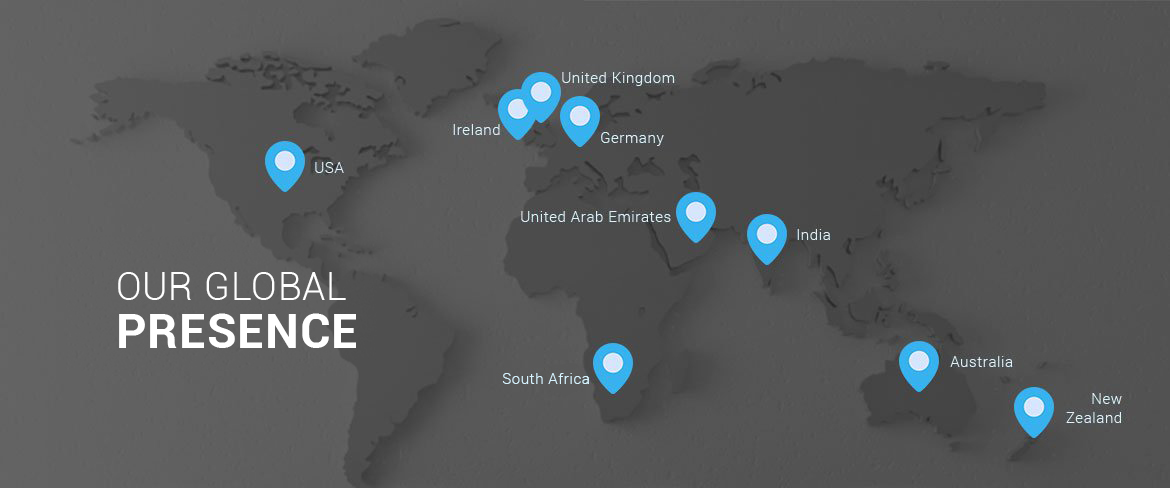
Today, social media is a way of doing business. It’s part of marketing plans and communication strategies in just about any industry, including healthcare. There’s no doubt that there are many benefits to utilizing social media in your practice. Facebook, Twitter, blogs – there are many ways to share content on the internet and engage patients, but how much should you really share?
Considering sharing the following types of content:
- Information about your practice (your mission, focus, what makes you different)
- Technologies and advancements in your specialty
- Photos/images of your practice or staff
- Unique or rare procedures/case studies
- Why you do what you do
- Things you like to do
- Fun, humorous graphics (professional)
- General health information
As a medical professional, what you post online represents your practice. Posts should always be professional and you should try to remain neutral on controversial topics. Therefore, there are certain things that you should not share:
- Your personal information
- Personal information about a patient to stay HIPAA compliant
- Anything you don’t want shared
- Any type of information that could be linked to your password (think about those common security questions)
- Political or religious views
- Inappropriate jokes or images
You want to engage readers on Facebook or your blog, so comments should be welcome, even encouraged. But remember to keep personal conversations personal. If a patient comments or asks something specific to a condition, respond to such comments generally and take if offline.
Finally, as a physician, always ensure your website and/or blog has an appropriate disclaimer to protect you since you provide medical advice and insights.


